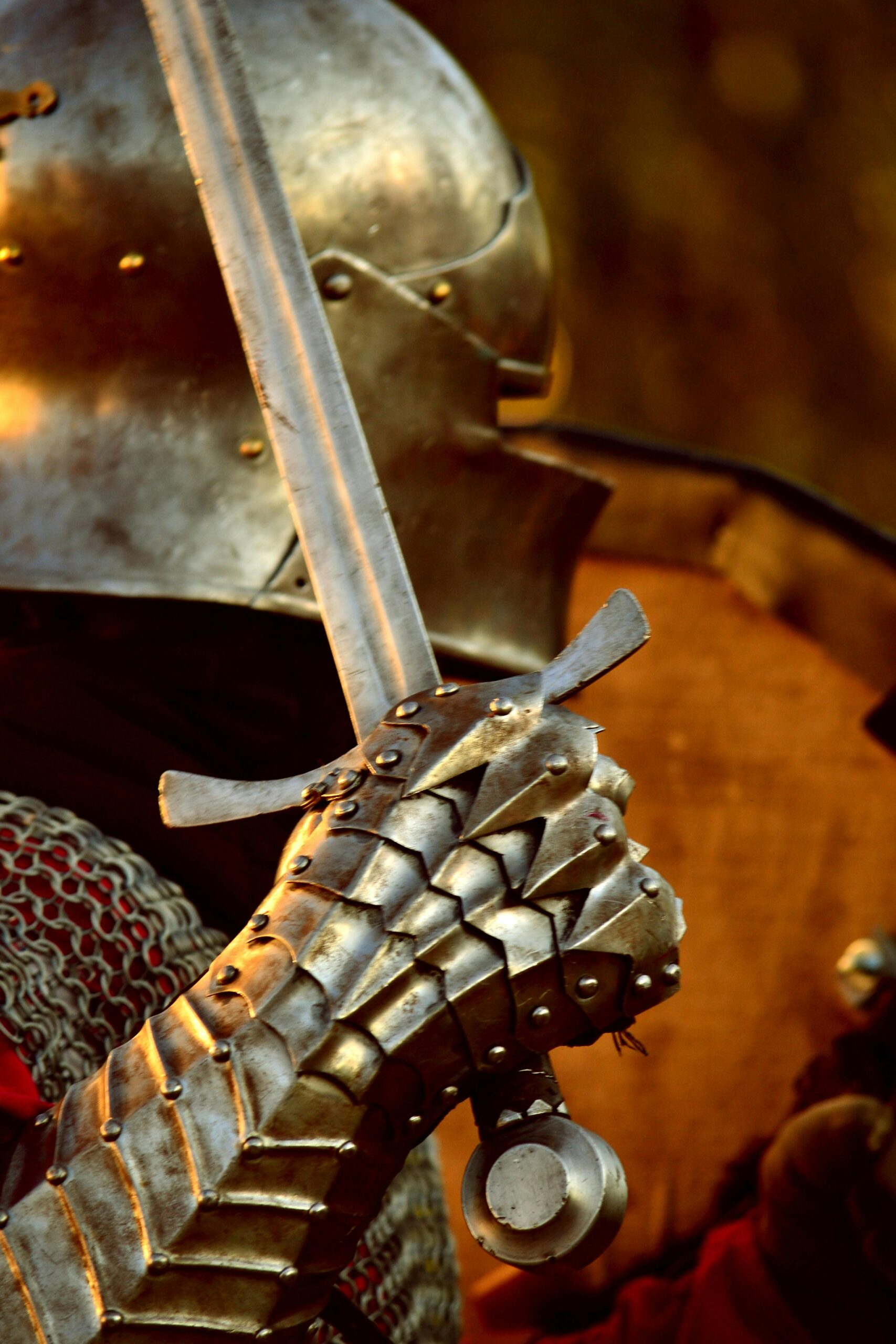
Pippo Spano, born Filippo Buondelmonti degli Scolari (1369–1426), was a prominent Florentine condottiero (military leader) and a notable figure in the history of both Florence and Hungary. His career is significant due to his military leadership and influence in the political landscape of his time.
Background and Early Life
- Birth: Pippo Spano was born in Florence to the Buondelmonti family.
- Education and Early Career: He started his career in Florence but later moved to Hungary, where he gained prominence.
Military Career
- Service in Hungary: Pippo Spano entered the service of Sigismund of Luxembourg, King of Hungary and later Holy Roman Emperor. His military acumen quickly earned him a high rank in the Hungarian army.
- Campaigns: He played a crucial role in defending Hungary against the Ottomans, participating in several key battles. His leadership in the battles of Nicopolis (1396) and against the Ottomans on various occasions was particularly noted.
- Title and Honors: In recognition of his services, he was granted the title of “Count of Temes” and given extensive land holdings in Hungary. He was also made a member of the Order of the Dragon, a prestigious chivalric order.
Role in Florence
- Florentine Politics: Despite his success in Hungary, Pippo maintained close ties with Florence. He was involved in Florentine politics and played a role in the diplomatic efforts of the city-state.
- Influence: His influence extended to promoting trade and cultural exchanges between Florence and Hungary, thus strengthening the economic and political ties between the regions.
Legacy
- Reputation: Pippo Spano is remembered as a skilled military leader and diplomat. His legacy is honored in Florence and Hungary, with his life and achievements celebrated in various cultural references.
- Cultural Impact: His life inspired artistic and literary works, including references in the “Divine Comedy” by Dante, where he is portrayed in the “Paradiso” (Canto XV) among the illustrious spirits who contributed to the glory of Florence.
Monuments and Memorials
- Tomb: Pippo Spano’s tomb is located in the Cathedral of Esztergom in Hungary, reflecting his significant status in Hungarian history.
Conclusion
Pippo Spano’s contributions to Florence and Hungary illustrate his importance as a military and political figure of the late Middle Ages. His career exemplifies the interconnectedness of European politics and warfare during this period, bridging the Italian Renaissance city-state of Florence with the medieval Kingdom of Hungary.



